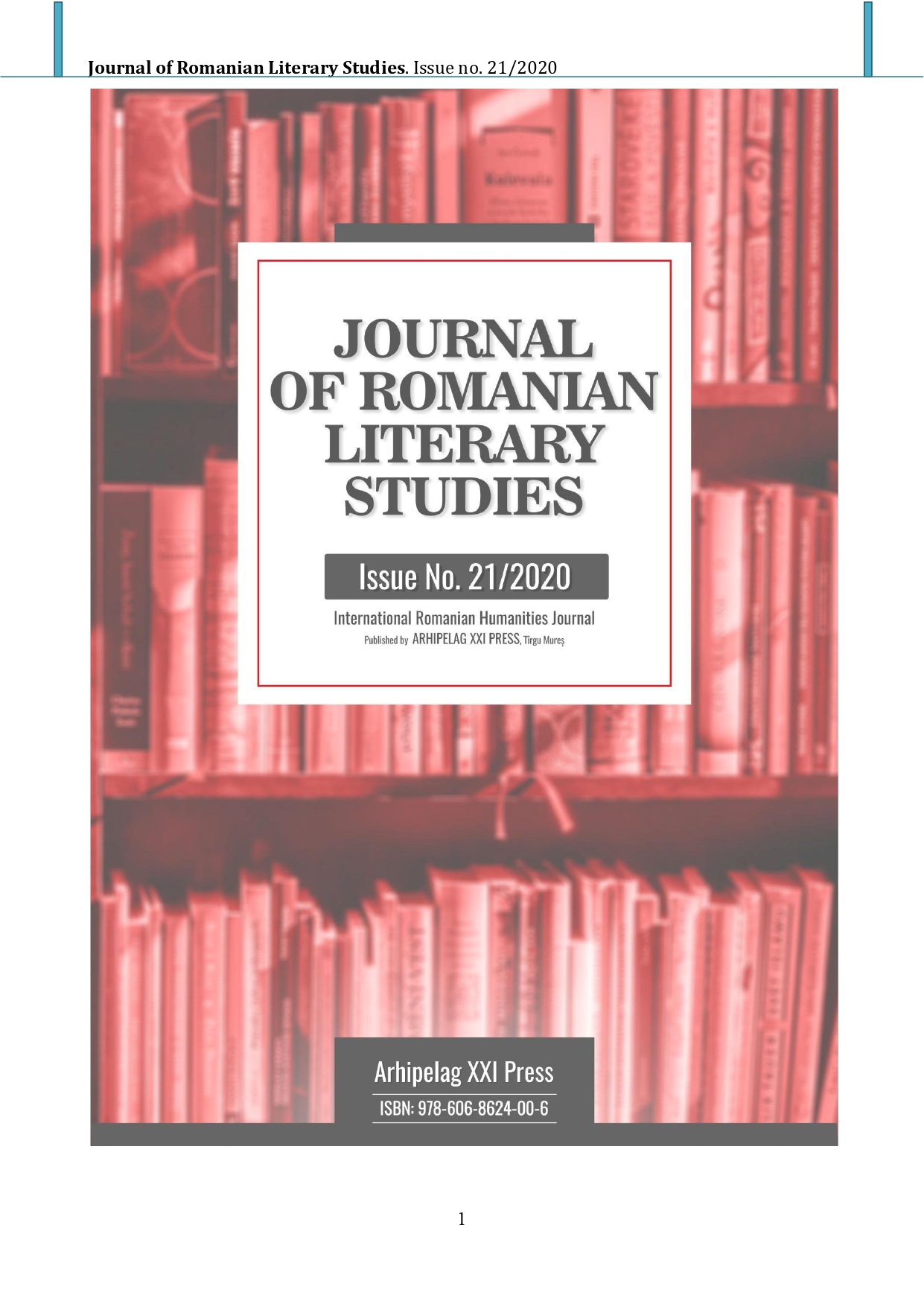HISTORIOGRAPHIC METAFICTION REFLECTED IN MARGARET ATWOOD’S THE HANDMAID’S TALE (1985) AND THE TESTAMENTS (2019)
HISTORIOGRAPHIC METAFICTION REFLECTED IN MARGARET ATWOOD’S THE HANDMAID’S TALE (1985) AND THE TESTAMENTS (2019)
Author(s): Cristina Chifane, LIVIU-AUGUSTIN CHIFANESubject(s): Literary Texts, Studies of Literature, Philology, Theory of Literature
Published by: Editura Arhipelag XXI
Keywords: historiographic metafiction; the relativism of historical truth; unreliable narrators; rewriting; the violation of ontological levels;
Summary/Abstract: Based on the identification and analysis of the elements of historiographic metafiction in Margaret Atwood’s The Handmaid’s Tale (1985) and The Testaments (2019), this article tackles both the similarities and differences between the two novels. The comparative and contrastive analysis reveals the fact that these two novels display a wide range of metafictional devices with the aim to question the consistency of the notion of historical knowledge and to support the idea of the relativism and plurality of truth. Women’s untold stories acquire a primordial role in Margaret Atwood’s fiction and challenge the official grand narratives of a patriarchal society. The self-reflexive nature of the stories signals the fictionality of the storyworld as well as the fictionality of history itself. The use of intermingling narrative threads, overlapping temporal lines, unreliable narrators, rewritings of the same scene or event, parody and satire, linguistic puns, and the violation of ontological levels converge to reflect the ambiguity and uncertainty of the fictional world and to undermine the male historians’ appropriation of historical truth.
Journal: Journal of Romanian Literary Studies
- Issue Year: 2020
- Issue No: 21
- Page Range: 1183-1193
- Page Count: 11
- Language: English

